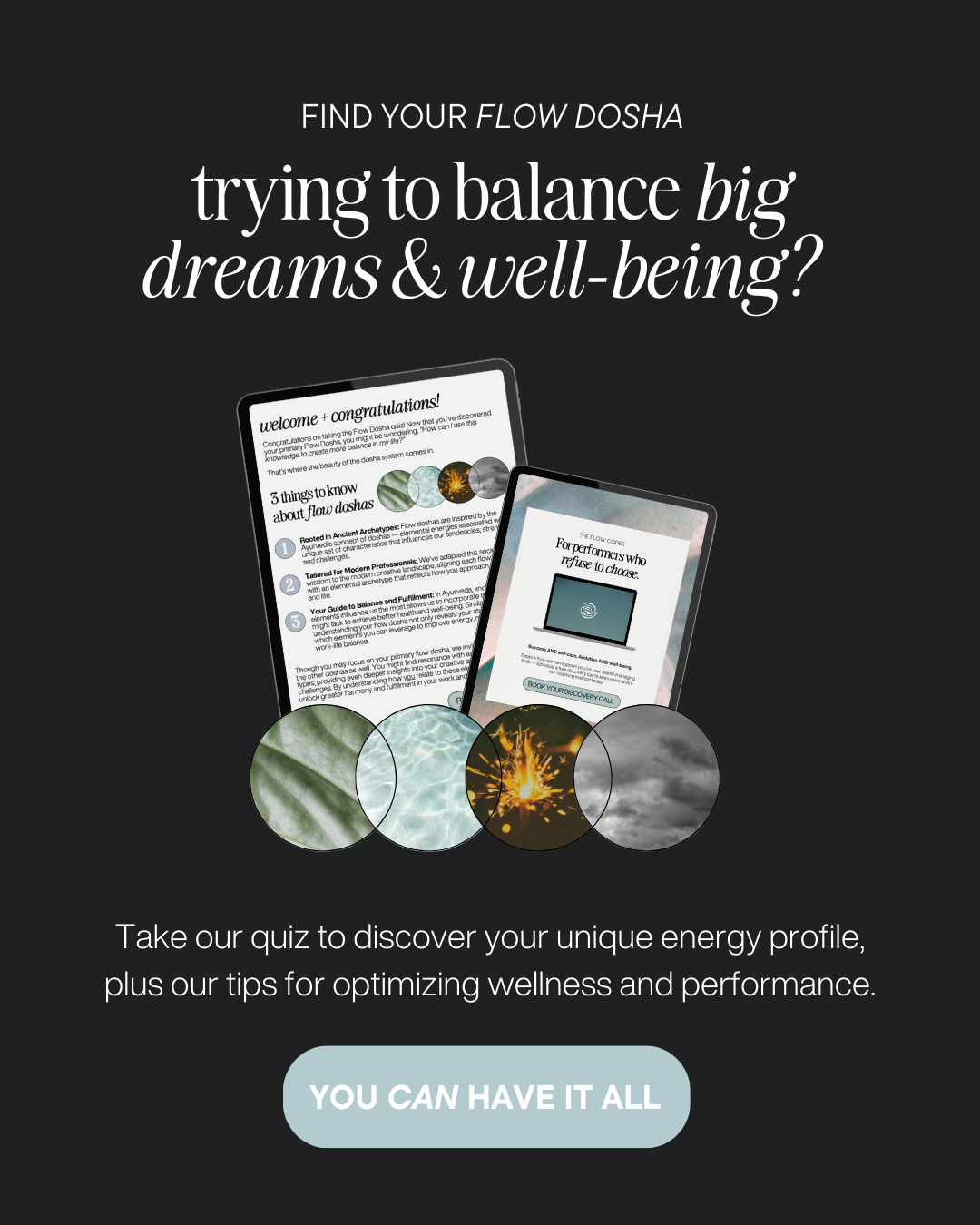
Why New Years Resolutions Always Fizzle by February (and What to Do Instead)
It’s that time of year again — the confetti is popped, the champagne flutes are ready, and we’re brimming with the fresh optimism of a brand new year. We set ambitious goals, vowing this time will be different. This is the year we’ll finally write that book, run that marathon, or master that skill. But then, a few weeks (or maybe even days) later, that initial motivation fizzles out, and we find ourselves back in our old routines, resolutions abandoned like last year’s gym membership.
Sound familiar? You’re definitely not alone. Research suggests that only 8% of people actually achieve their New Year’s resolutions. But why do so many of us fall short — and why do so many New Years resolutions fail?
Why New Years Resolutions Fail
Often, the culprit lies in how we set our resolutions. There’s a popular tendency to focus on outcome goals — the end result we want to achieve. “Lose 20 pounds,” “get that promotion,” “learn a new language” — these are all outcome goals. While having a clear vision is important, fixating solely on the outcome can set us up for disappointment.
Outcome goals:
- Can feel distant and overwhelming: The path to achieving them can seem long and arduous, leading to procrastination and a sense of “I’ll never get there.”
- Are often outside our direct control: Many factors influence the outcome, some of which are beyond our control. This can lead to frustration and a sense of helplessness.
- Don’t provide a clear roadmap: They tell us where we want to go but not how to get there, which can leave us feeling lost and directionless.
The Power of Process Goals
What’s the solution? Shift your focus to process goals. These are the small, consistent actions you take each day to move towards your desired outcome. Instead of “lose 20 pounds,” your process goal might be “cook a healthy meal three times a week” or “walk for 30 minutes every day.”
Process goals:
- Are actionable and within your control: You have the power to decide whether or not you’ll take those small steps each day.
- Create a sense of momentum: Each completed action builds confidence and motivates you to keep going.
- Foster consistency and build habits: By focusing on the process, you create sustainable routines that support your long-term outcome goals.
Process Goals and the Path to Flow
By breaking down your larger goals into smaller, manageable steps (process goals), you create the ideal conditions for flow. Each step becomes an opportunity to engage fully, to hone your skills, and to experience the joy of progress. This not only makes the journey more enjoyable but also significantly increases your chances of reaching your desired outcome.
Ready to Transform Your Resolutions?
This year, don’t let your New Years resolutions fail. Break down your ambitions into bite-sized actions, focus on the journey, and watch yourself become part of that elusive 8% success rate. And remember, if you need support in crafting your process goals or finding your flow, The Flow Codes is here to guide you.


Hey! I'm Justine.
ICF-certified coach, yoga and meditation teacher, and creator of The Flow Codes. If you're ready to integrate wellness and performance, achieve your goals without burnout, and create a life of flow and fulfillment, you're in the right place.




